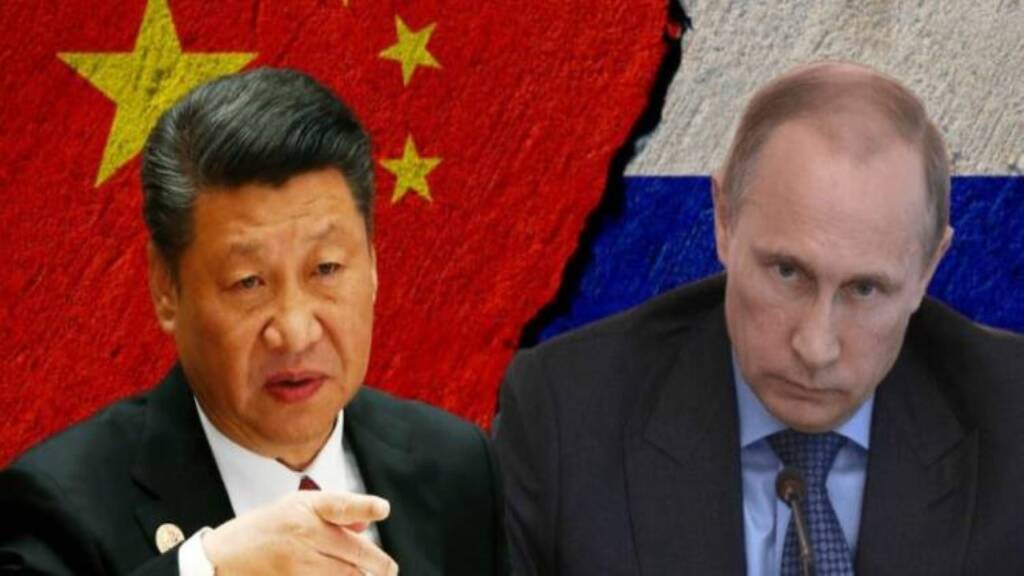For the US, a cap on Russian oil prices is an attempt to reduce its burgeoning inflation, but for China, it is a tool to extract cheaper oil from the most oil-rich nation in the world.
After the West bombarded Russia with sanctions, amid the Russo-Ukraine war, Moscow started selling its oil reserves to major oil-consuming nations like India and China at cheaper prices. It was a symbiotic deal for both sides. Oil and gas exports helped Russia soften the blow from Western sanctions. On the other hand, India and China were getting oil at a much cheap price, when the whole world was gasping for it.
The trade relations
From March to May, Russian crude sales to Europe fell by 554,000 barrels per day, while Asian refiners raised their take by 503,000 barrels per day – practically a one-for-one replacement. 165,000 barrels are being sent to China from eastern Russian ports rather than the Baltic and the Black Sea ports that have historically supplied Europe. Russian sales to India reached an all-time high of 841,000 barrels per day in May, more than eight times the yearly average from the previous year.
Read More: China wants the sanction-proof Indian economy to help it brave Western sanctions
At a recent session in Bavaria, the Group of Seven (G7), a union of the wealthiest Western countries, declared that it is considering the viability of capping Russian oil prices to stop Moscow from benefitting from increases in market prices brought on by the invasion of Ukraine. A price cap could work through a system to reduce or ban insurance or financing for Russian oil shipments above a certain amount. In simple terms, if a tanker agrees to take an oil shipment from Russia at a higher than the G7-set rate per barrel, it will not be able to obtain the insurance and financial services essential for such a transaction to be successful.
China’s greed
The poor lack much, but the greedy lack more— this adage perfectly describes Beijing’s ambitions. Recently, when asked whether it would go for capping Russian oil prices, the Chinese commerce ministry said, “setting a cap on the Russian oil price is a “very complicated issue” and the precondition to solving the Ukraine crisis is to promote peace talks among relevant parties.” It further stated, “It’s in the interests of all parties to push the situation of the Ukraine crisis to cool down, not to heat it up.”
Read More: China’s brutal history of persecuting ethnic Russians on its soil
Make no mistake, all these answers are nothing but a diplomatic farce.
Given that China is “Russia’s all-weather friend”, Beijing had the option of outright rejecting the proposition of capping Russian oil. However, Xi Jinping had other plans in mind. He intended to make it clear to Russia that if it doesn’t receive further reductions in oil prices, Beijing may be forced to support the G7’s “price cap” idea.
China may even have the faintest notion that OPEC nations may come to its aid if it decreases its reliance on Russia, after setting price caps. It would be naive of the Chinese to expect OPEC to help them, though, given that Russia wields considerable influence over OPEC nations.
You see, by asserting that the notion of capping Russian oil prices is “complex,” rather than outright rejecting it, China is attempting to blackmail Russia; nevertheless, if Russia goes aggressive and raises the oil prices instead, Beijing may soon pay for this intimidation.
